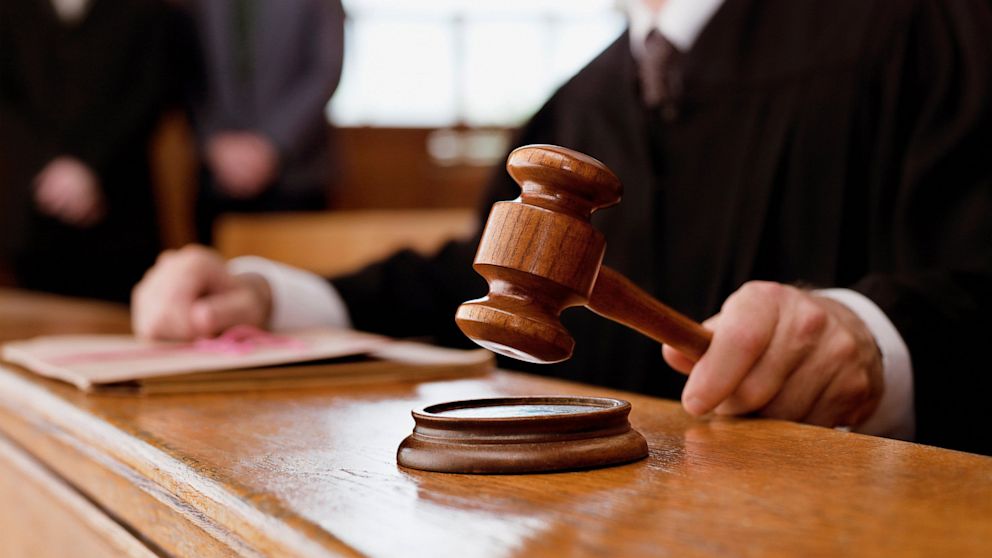Supreme Court Kicks Off New Term As Hot-Button Issues Await
Abortion, affirmative action and prayer to highlight "year of the sequel."

Oct. 3, 2013— -- The Supreme Court will take the bench today to begin a term that touches on a broad variety of hot-button issues such as campaign finance, affirmative action, religion, presidential power and abortion restrictions.
One theme to watch: the unusually high number of cases in which the court is being asked to reconsider prior precedent. "How the court treats pre-existing precedent; that is really going to be the theme of the term in many ways," says Kannon Shanmugam, a lawyer at Williams and Connolly who frequently argues before the court. "This is the year of the sequel."
Campaign Finance
The justices will hear McCutcheon v. Federal Election Committee Tuesday, the most important campaign finance case since the 2010 Citizens United ruling that struck down independent spending limits by corporations and unions. The new case concerns overall contribution limits.
Shaun McCutcheon, an Alabama businessman, was an active participant in the 2012 election cycle. He contributed a total of $33,088 to congressional races across the nation. But federal law blocked him from giving money to more candidates.
Joined by the Republican National Committee, McCutcheon is fighting aggregate contribution limits set by federal law. Such limits, he argues, impose an unconstitutional burden on core First Amendment activity.
He says an individual should not be restricted in how many candidates, parties or PACs he or she can contribute to within base limits. Campaign finance reform advocates, wary after losing Citizens United, fear the court could next overturn precedent regarding contribution limits. They say that without aggregate limits, some individuals might try to circumvent the base limits and pour money into the system.
Affirmative Action
Supporters of affirmative action held their breath last term for nearly nine months while the Supreme Court deliberated over an admissions plan at the University of Texas that took race into consideration. When the decision finally came down, the court had dodged a broad ruling, and the program survived.
Supreme Ct. Sends Affirmative Action Back to Appellate Judges
The court is hearing another case this tern regarding affirmative action, but in a different context. At issue in Schuette v. Coalition to Defend Affirmative Action is Proposal 2, a ballot initiative passed in Michigan in 2006 that bans affirmative action.
In court briefs, Michigan Attorney General Bill Schuette says the ballot initiative was passed because even though the Supreme Court has upheld race-conscious admissions policies in narrow circumstances, "the people of Michigan concluded that not having affirmative action in higher education was the best policy for the state."
"Nothing in the Constitution bars the people of Michigan from making that choice," he writes.
But critics of the proposal argue it violates the Constitution. "It effectively rigged the political system against advocates of race-conscious proposals that are otherwise constitutionally permissible," Joshua I. Civin of the NAACP Legal Defense and Educational Fund said.
A lower court invalidated the proposal, saying it placed a special burden on minorities within the governmental process. The lower court said, "Because less onerous avenues to effect political change remain open to those advocating consideration of nonracial factors in admissions decision, Michigan cannot force those advocating for consideration of racial factors to traverse a more arduous road without violating the Fourteenth Amendment."
California passed a similar initiative in 1996.
Religion
The court is poised once again to explore the boundary between church and state. Susan Galloway and Linda Stephens - two residents of Greece, N.Y. - have filed suit against the town, arguing that the practice whereby townspeople are chosen to open monthly town board meetings in prayer violates the Establishment Clause of the Constitution. With the exception of only a few non-Christian prayer givers such as a Wiccan Priestess, the vast majority of prayers have been Christian.




